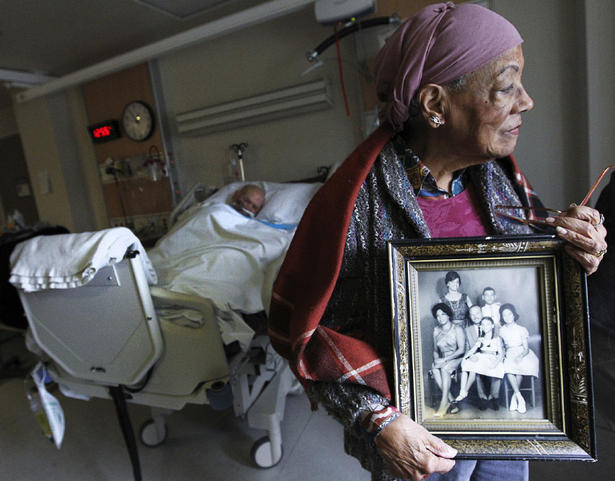
GeriPal recently conducted a poll to ask readers if they would take a pill to add 500 years to their lives. The question of quality versus quantity was raised – would extending one’s longevity with a compromise to quality of life be worth it?
I recently came across an article that addressed this issue on both sides. In Ontario, Canada, the provincial Consent and Capacity Boardis reviewing a dispute over Desmond Watson’s life. The 87-year-old suffers from advanced dementia and was admitted to the hospital 14-months ago with pneumonia.
- According to the doctors, treatment should cease because “Desmond is suffering without any prospect of long-term improvement.”
- According to the wife, “People look at him as a vegetable. But he isn’t. He’s a person with dignity. Don’t take that away from him.”
Who is “right” and what will be the outcome of this ethical conflict? This is an end-of-life question that Canada has not yet established “clear provincial, federal or medical protocols” to enable doctors and the family to answer, begging the questions:
- When it comes to end-of-life care, do the values and beliefs of the patient and his family trump the obligation of the doctor – whether professional or moral or both – to end suffering?
- What end-of-life protocol(s) could Canada implement to facilitate the resolution of this conflict?
- Desmond Watson’s pneumonia cleared and he is breathing independent of a ventilator – does/should this have any bearing on how the dispute should be resolved?
Please share your thoughts in the comments section.
by: Julie N. Thai



